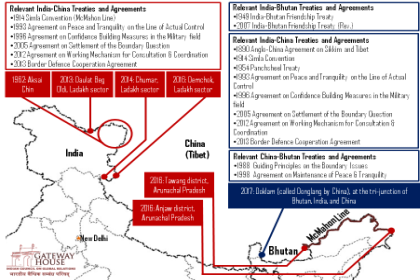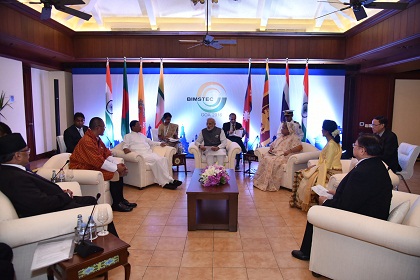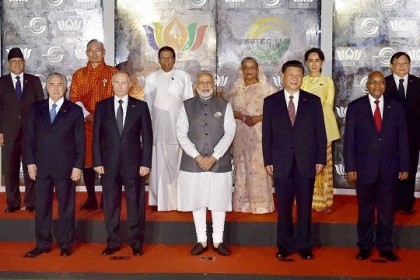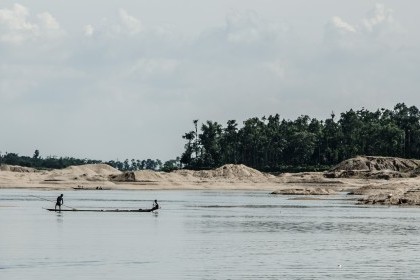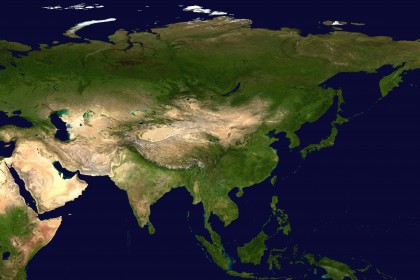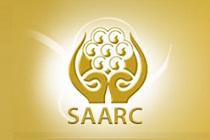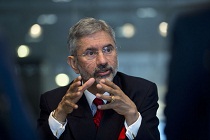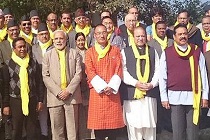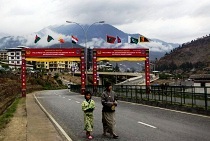India-China stand-offs
Since mid-June, India and China have been locked in an intense stand-off in the Doklam plateau, at the tri-junction of Bhutan, India, and China. Gateway House chronicles previous border incursions and transgressions by China into India’s territory and mentions relevant treaties and agreements

